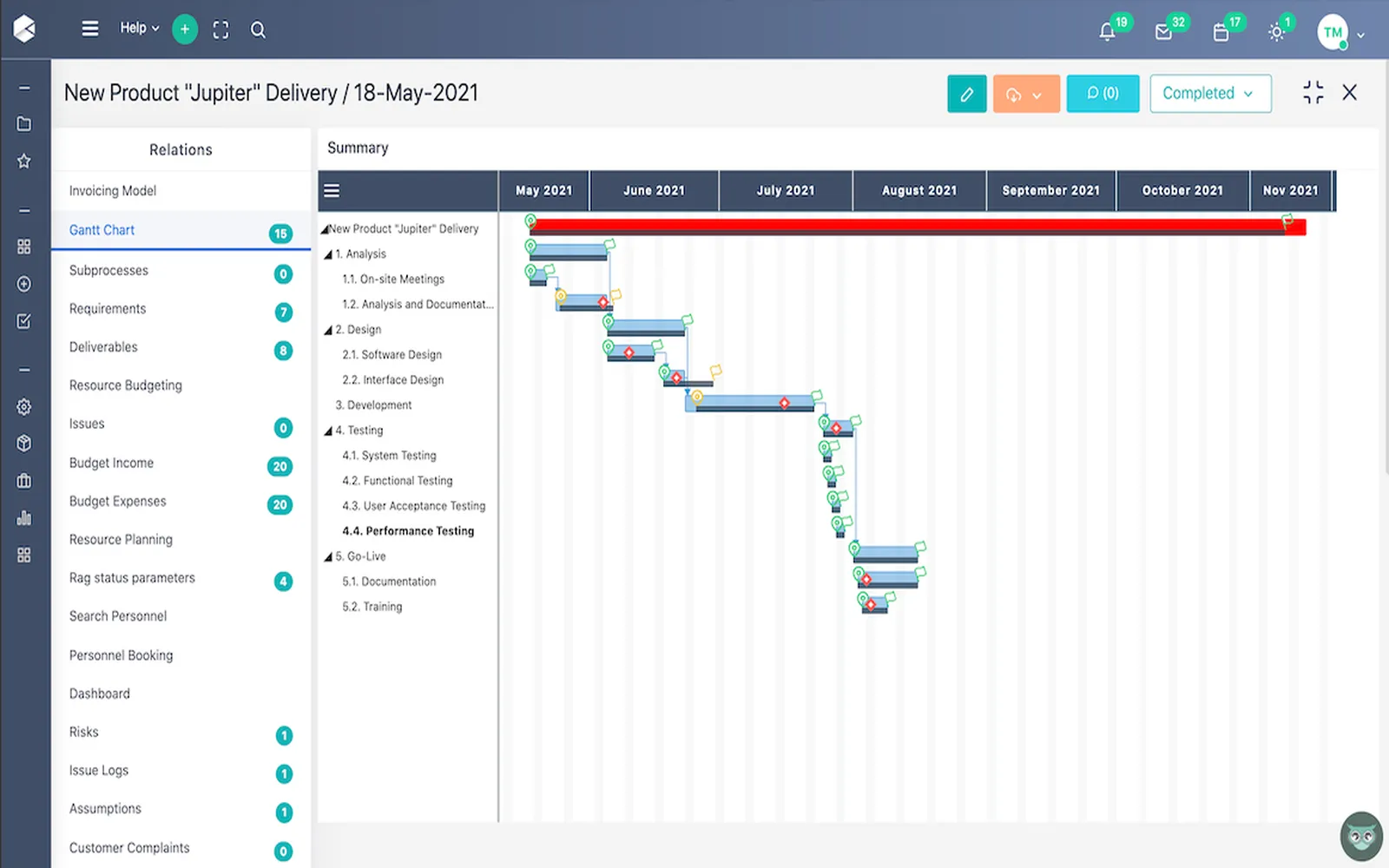What Is VoIP and How It’s Revolutionizing Business Communication
VoIP stands for Voice over Internet Protocol, a technology that allows you to make phone calls using the internet instead of traditional landlines. It converts your voice into digital signals and transmits them over the web, offering a more affordable, flexible, and scalable communication solution.
How VoIP Works
- Voice Conversion: Your voice is converted into digital data using a codec.
- Data Transmission: That data is sent over the internet to the recipient.
- Signal Conversion: On the receiving end, the digital data is converted back into sound.
You can use VoIP with:
- Desktop or mobile apps
- VoIP desk phones
- USB headsets with softphones
- Web browsers with integrated calling tools
Benefits of VoIP
✅ Cost Savings
VoIP dramatically reduces long-distance and international call charges. Many providers offer unlimited calls and flat monthly rates.
✅ Flexibility and Mobility
Make and receive calls from anywhere with an internet connection—ideal for remote work and global teams.
✅ Advanced Features
VoIP systems offer features like voicemail-to-email, video calls, call forwarding, auto-attendant, and more—often included at no extra cost.
✅ Easy Scalability
Add or remove users with just a few clicks—no need for expensive hardware installations.
✅ Integration Capabilities
Connect your VoIP system with CRM software, helpdesk platforms, and productivity tools.
Common VoIP Features
- Call forwarding and routing
- Voicemail transcription
- Auto-attendant / virtual receptionist
- Call analytics and reporting
- Conference calling and video conferencing
- Mobile apps for iOS and Android
- Do Not Disturb and call screening
- Integration with tools like Salesforce, Slack, Microsoft Teams
Types of VoIP Services
1. Residential VoIP
Ideal for individuals and home use. Simple setup with an adapter or VoIP-enabled phone.
2. Business VoIP
Tailored for companies, offering advanced features, team collaboration tools, and administrative controls.
3. Cloud-Based (Hosted) VoIP
Managed entirely by a provider—no need for on-site servers or maintenance. Great for scalability and remote teams.
4. On-Premise VoIP (IP PBX)
Hosted on local servers. Offers more control but requires higher upfront investment and IT management.
VoIP vs. Traditional Phone Systems
| Feature | VoIP | Traditional Phone |
|---|---|---|
| Cost | Lower monthly rates | Higher call charges |
| Mobility | Accessible from anywhere | Limited to physical location |
| Scalability | Easily scalable | Requires new lines and hardware |
| Features | Advanced and customizable | Basic functionality |
| Installation | Quick and simple | Often complex and time-consuming |
What You Need to Use VoIP
- High-Speed Internet: Reliable broadband or fiber connection
- VoIP Software or Hardware: Softphone apps, VoIP phones, or ATA adapters
- VoIP Provider: A service that offers VoIP calling plans
- Optional: Headsets, routers with QoS settings, or cloud PBX for businesses
Choosing the Right VoIP Provider
When selecting a VoIP provider, consider the following:
- Call Quality & Reliability: Look for providers with data centers and strong uptime guarantees.
- Customer Support: 24/7 support is crucial for businesses.
- Pricing: Compare plans based on your usage—number of users, international calling, etc.
- Features Included: Make sure essential features come standard, not as costly add-ons.
- Ease of Use: Choose a provider with a user-friendly dashboard and minimal setup.
Popular VoIP Providers
- RingCentral – Best for large businesses and integrations
- Zoom Phone – Great for businesses already using Zoom
- Vonage Business – Flexible plans and strong mobile apps
- Nextiva – Excellent customer service and VoIP tools
- Ooma Office – Affordable and ideal for small businesses
Is VoIP Secure?
Yes—modern VoIP systems offer encryption and security protocols like:
- Secure RTP (SRTP)
- TLS encryption
- Firewalls and intrusion detection
- Multi-factor authentication for admin panels
Still, it's important to work with a trusted provider and follow best practices to avoid issues like call spoofing or eavesdropping.
Conclusion: VoIP Is the Future of Communication
VoIP is transforming how individuals and businesses communicate. With its cost savings, flexibility, and feature-rich environment, it’s no surprise that companies of all sizes are switching from traditional landlines to internet-based calling.
Whether you're setting up a home office or upgrading an enterprise phone system, VoIP offers a scalable, reliable solution designed for the digital age.
Frequently Asked Questions (FAQs)
Q1: Can I keep my current phone number with VoIP?
A: Yes—most providers support number porting so you can keep your existing number.
Q2: What happens if the internet goes down?
A: Many VoIP systems have failover options like call forwarding to a mobile number.
Q3: Is VoIP suitable for international calls?
A: Absolutely—VoIP dramatically lowers international calling costs compared to traditional phones.
Explore
Revolutionizing Customer Support: The Rise of AI in Customer Service

How to Successfully Sell Goods Online and Grow Your Business Fast

Top 10 Affordable Master's Degrees in Business Analytics

Mastering Project Management for Business Success

Top Online Master of Social Work (MSW) Programs and Degrees in 2024

Top 10 Best Online Medical Billing and Coding Programs in 2024

Finding the Best Online MBA in Accounting and Finance

Top Online PhD Programs and Doctoral Degrees in 2024
